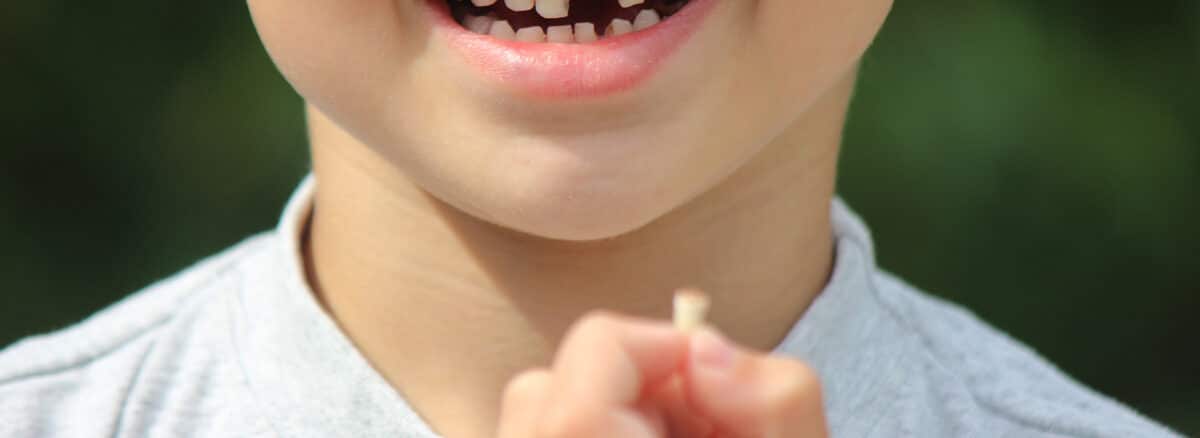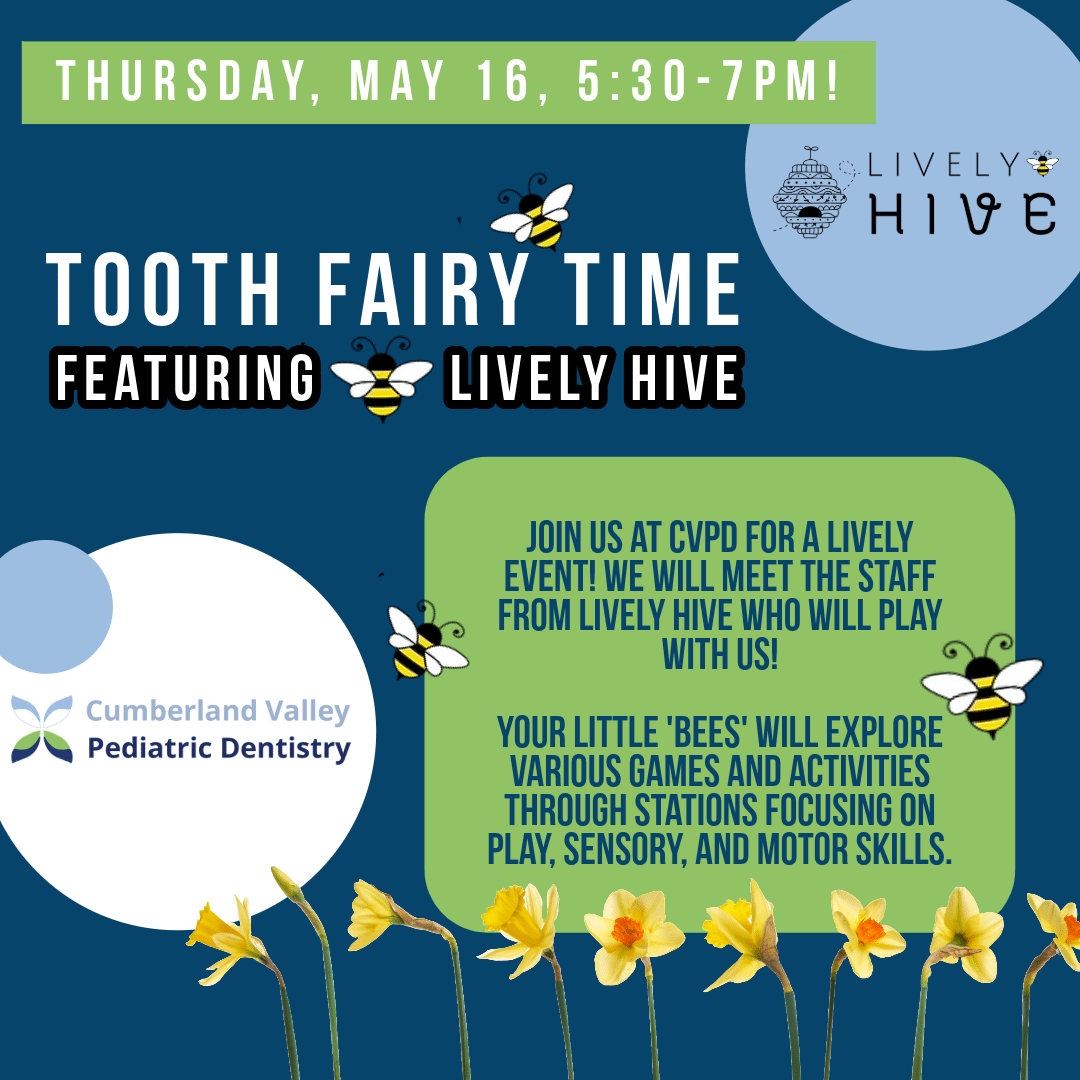
Losing Baby Teeth: A Guide for Parents
As a pediatric dentist in Camp Hill, PA, I often get asked by parents about when their children will start losing their baby teeth. It’s an exciting milestone for both kids and parents, marking a significant step in their development. So, let’s dive into the world of wiggly teeth!
What Age Do Children Begin Losing Teeth?
Generally, children start losing their first baby teeth around the age of 6. However, it’s perfectly normal for some children to start a little earlier or later. It’s not uncommon to see a child lose their first tooth as early as 5 or as late as 7.
Why Is My Child “Late” at Losing Teeth?
Just like with other developmental milestones, there’s a wide range of what’s considered “normal” when it comes to losing teeth. If your child is a bit later than their peers in losing teeth, it’s usually nothing to worry about. Several factors can influence the timing of tooth loss, including genetics, nutrition, and even the child’s overall growth pattern.
What Teeth Are Usually Lost First?
The first teeth to go are typically the central incisors, those two front teeth on the bottom. This is usually followed by the top central incisors. The molars and canines (the pointy teeth) are usually the last to go, often around the ages of 10-12.
When Should I Be Concerned?
While some variation is normal, there are times when it’s a good idea to consult with your pediatric dentist. According to the American Academy of Pediatric Dentistry (AAPD), you should schedule an appointment if:
- Your child hasn’t started losing teeth by age 7.
- The permanent teeth erupt before the baby teeth fall out.
- There’s pain, swelling, or redness associated with the teeth.
- The teeth are coming in crooked or crowded.
Your Child’s Dental Health Is Our Priority
At our office in Camp Hill, PA, we’re dedicated to providing comprehensive dental care for infants, children, and adolescents. We strive to create a fun, comfortable environment where children can develop positive associations with dental care that will last a lifetime. If you have any concerns about your child’s teeth or their development, don’t hesitate to contact us to schedule an appointment. We’re here to help!
Note: This blog post is intended for informational purposes only and does not provide medical advice. Please consult with your pediatric dentist for any concerns or questions about your child’s dental health.
- January 6, 2025
- Uncategorized


